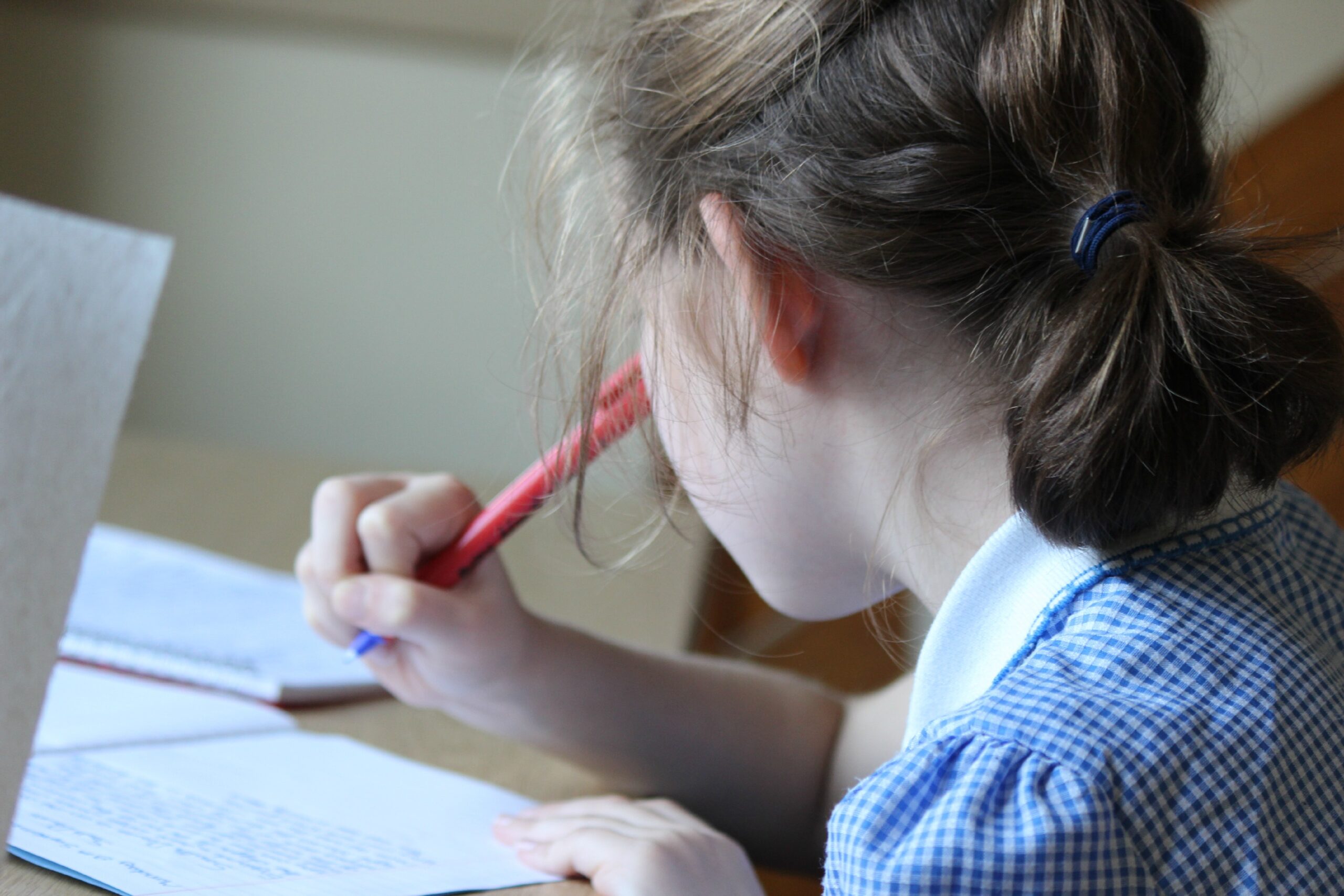Welcome Back!
It seems like only yesterday that you were saying goodbye to your class after a fun year of learning together and yet already on most teachers’ minds is that day in early September when the doors will burst open and in will come a new class with new, neatly pressed uniforms – and new challenges!
You’ll already know your new class, even if you are just starting a new teaching post, from the ‘getting to know you’ day last term but that won’t have been long enough to be able to gauge how the class will respond to you the teacher, or how you’ll respond to their needs.
The first week is always a little bit of a challenge and the first day especially so. Whilst the children will have been making the most of the last few heady days of the summer holidays, you’ll have been in school, preparing your classroom, attending meetings and training sessions and ensuring everything is in place so you hit the ground running. They’ll come in full of energy whilst you may already be starting to flag!
Make sure seating arrangements are sorted before the children arrive. Name cards like those seen at the summer weddings you may have attended, are a good way to mark out the territory but watch out for the wily ones who will swap them around whilst you’re not looking and swear blind they were there all the time!
Once all are settled and you’ve got their attention, I always start the first day with a fun activity. There may be new pupils in the class and certainly you, as the teacher, will be fairly new to the class and them to you. My favourite activity is to involve them in a ‘Getting to know you’ activity. There are many variations but I do one of two of them. You can give the class a set of questions which may include the following:
- My favourite food
- What I like doing for fun
- My favourite subject at school
- My friends
- My favourite sports team
The children answer the set of questions anonymously – you can also answer them yourself, then read out the answers and the children have to guess who the description is of.
The second version is ‘How well do you know your friends?’. In this version, have names printed on pieces of paper and give them out to class members and they have to write down from their knowledge (or guess) the answers for that person and giving them back to you for you to read them out and the class guesses who they are.
Depending on how confident the pupils are, you could also ask them to stand up and introduce themselves using the questions.
Invariably, there will be an assembly on the first day and after you return from that I spend some time telling them what my expectations of them are and, so that it’s fair, what they expect of me. You’ll get some very interesting answers from them and by having two sides of a contract, the chances are it will more likely succeed.
You have a choice next, depending on your school’s policy. Some will get the pupils to do a basic assessment to give a benchmark start to the year. This can be done in written or verbal form or as a whole class, using mini whiteboards that they’ll hold up. Others won’t worry about assessments until the class has settled.
In the afternoon, if the timetabling works OK with other classes, get them out into the September sunshine to let off a little steam with some PE or games. Rounders is very popular or perhaps, if you have an assistant, set up two smaller games such as bean bag pick up – split into two teams numbering each 1 to … then place a bean bag between the two teams lined up in rows and call out a number. The players with that number have to race to the middle to pick up the bean bag first, earning a point for their team. A variant is to have the group in a circle, again children in each half numbered 1 to …. In this game when the number is called, they have to run around the outside of the circle and be back first to their place.
Finish the first day with a ‘questions and worries’ session in which you’ll get an idea of their concerns for the year, then start on a class book to calm them before home.
Most schools don’t start back on a Monday so you’ll usually not get a full week. Schools also realise that it’s not practical to begin formal studies straight away and wait to the first Monday to begin in earnest. If you’re timetabled for subjects in the rest of the week, do fun activities in maths and English – perhaps some problem solving, practical activities or a few rounds of ‘Countdown’.
In the foundation subjects, I use the first week’s session to introduce them, put them in context and tell the class about school visits planned for the term. It’s useful to do a fact find or ‘knowledge harvest’ as it’s known in some quarters to help start you off at the right point in your planning. This can be done as a series of verbal questions or as a little ‘pop quiz’.
All this time, you’ll be measuring up your class and they will be measuring you up. By following all or some of these ideas you’ll seem to be fun but in control. Match this with keeping to your expectations and you’ll have laid a great foundation for the year ahead. Don’t forget, in the middle of all this fun to do the ‘boring’ stuff like giving out exercise and text books, appointing monitors for the little jobs, encouraging independence, consolidating the class and classroom rules as well as practising the routines like the trip to assemblies, playtime and lunch. Keep the displays ticking over so the class know that you value their work and maintain the praise for good work and good behaviour. You’ll probably be doing a little rearranging of seating to ensure the best working environment for all and, by the end of the week, you’ll have the potential troublemakers sussed and the angels noted.
When Monday of week two arrives, it’ll seem like the class have been yours forever and you can get down to the real work of facilitating their learning and helping them develop, until that day comes in June or early July when you send them on to the next class and the whole process starts all over again!







